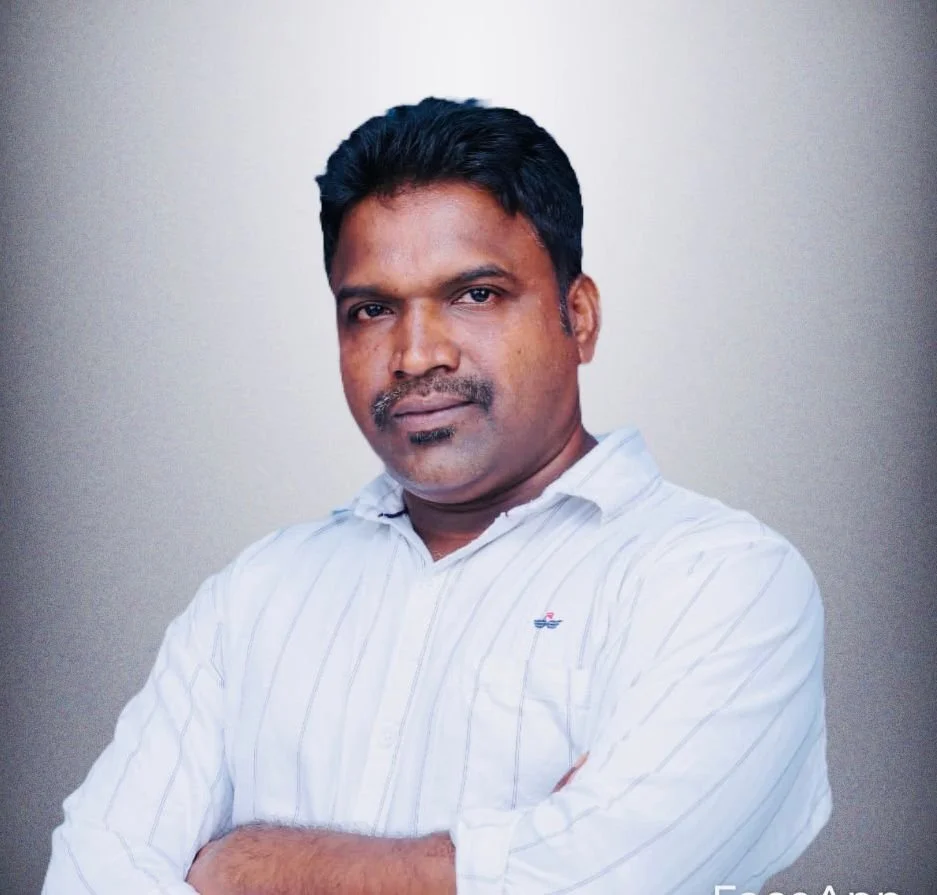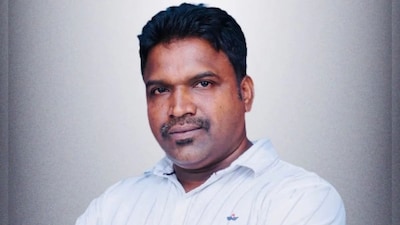Ashokkumar Veeramuthu


🎉 Headline
A researcher from Tamil Nadu, Ashokkumar Veeramuthu (based in the Nilgiris region), has for the third consecutive year (2023, 2024 and 2025) been included in the prestigious “World’s Top Scientists” list compiled by Stanford University (USA) in collaboration with Elsevier Publishers. (India Today)
📚 About his research & journey
-
Ashokkumar’s work focusses on environmental protection, waste management, plastic pollution mitigation, and micro-algae based clean energy/bioproducts. (The New Indian Express)
-
He has authored more than 130 international research articles and collaborates with over 18 universities worldwide. (India Today)
-
Currently he is Professor & Head, Centre for Waste Management and Renewable Energy at Saveetha Institute of Medical and Technical Sciences (SIMATS), Chennai. He also holds visiting professorships in Thailand, Malaysia and Korea. (The New Indian Express)
-
His schooling was in government schools in the Nilgiris, making this recognition a strongly inspiring “from-hills to global stage” story. (India Today)
✅ Why this matters
-
Being listed among “world’s top scientists” (by Stanford/Elsevier) means consistent, high-impact research output (citations, h-index, collaborations) and global visibility.
-
For India — and particularly Tamil Nadu — this is a significant recognition of the role of applied, sustainability-oriented research (rather than purely theoretical) gaining global traction.
-
It demonstrates that a researcher from a relatively under-represented region (Nilgiris) can achieve global scientific standing — offering inspiration to early-career researchers in India.
🧭 Key takeaway
-
The fact that this is third consecutive year underscores not just one “flash” achievement but sustained excellence.
-
It reflects that his research is not only academically solid but socially relevant (plastic waste, renewable energy) which may help in policy, technology and real-world application.
-
For students or young researchers: it signals the importance of publishing regularly, collaborating broadly, and working on topics that bridge science + society.
If you like, I can pull up more details about the exact ranking metrics used by Stanford/Elsevier (how they pick “top scientists”), and show how Ashokkumar’s work stacks up (citations, h-index, etc.). Would you like me to fetch that?

